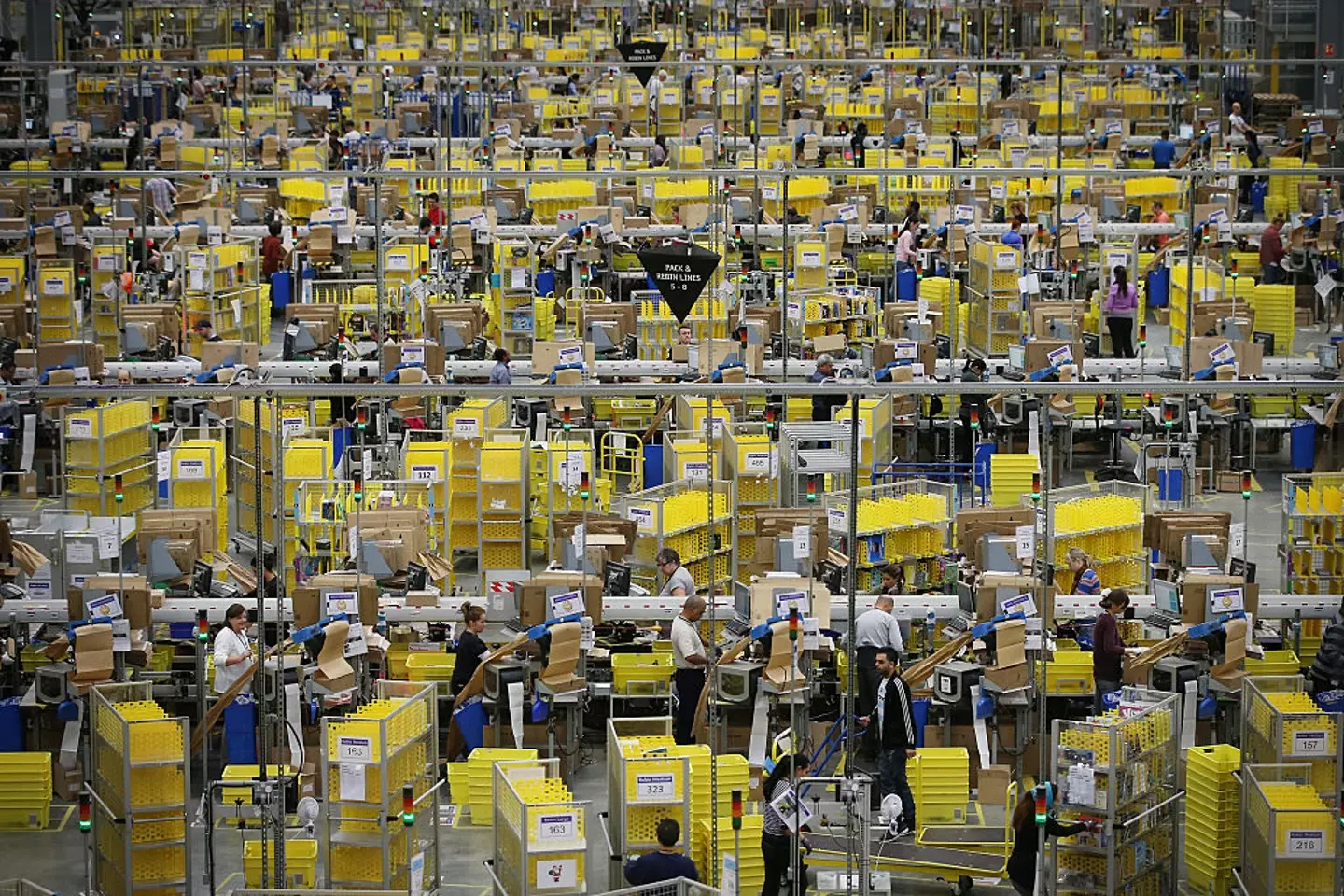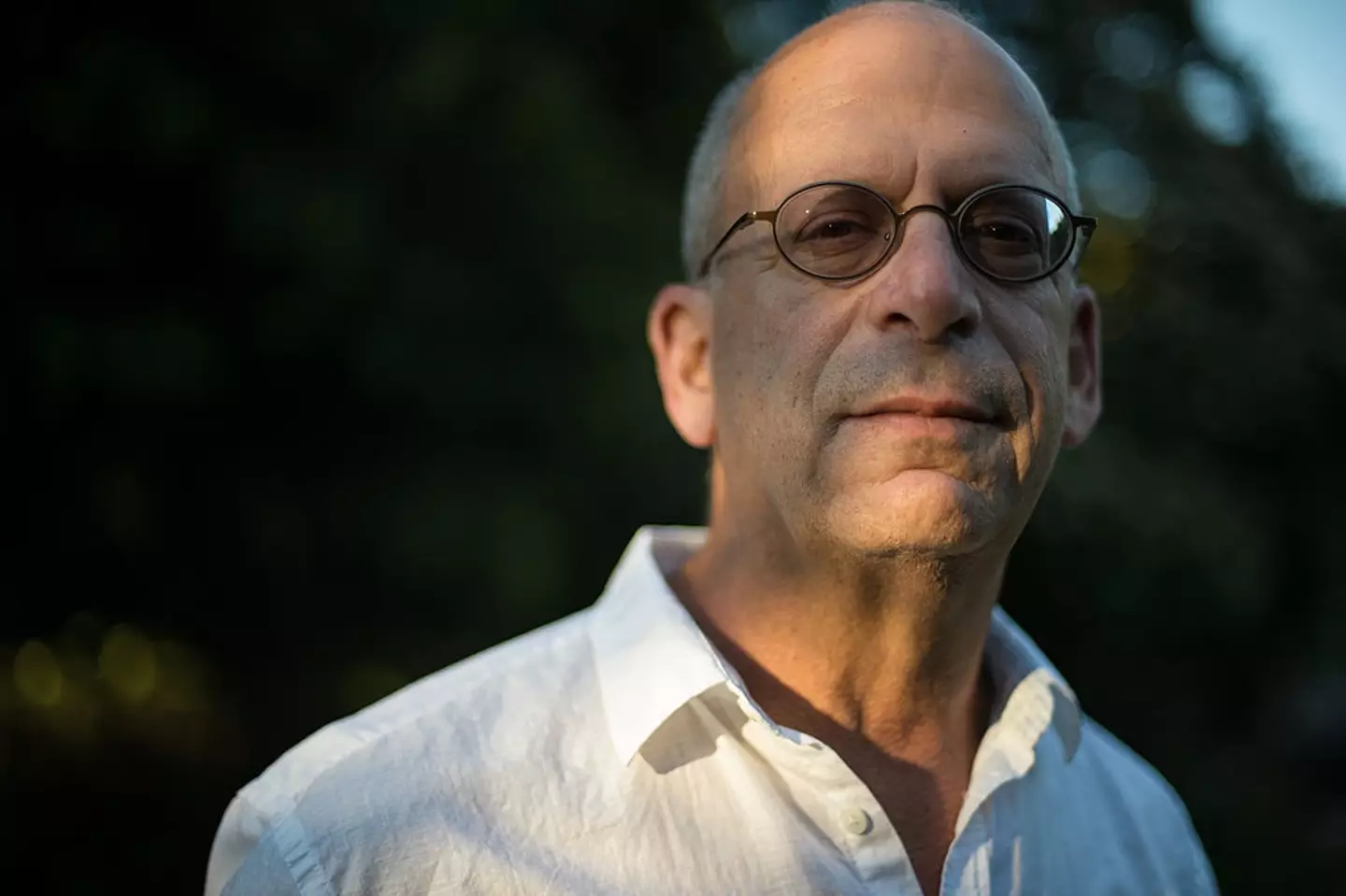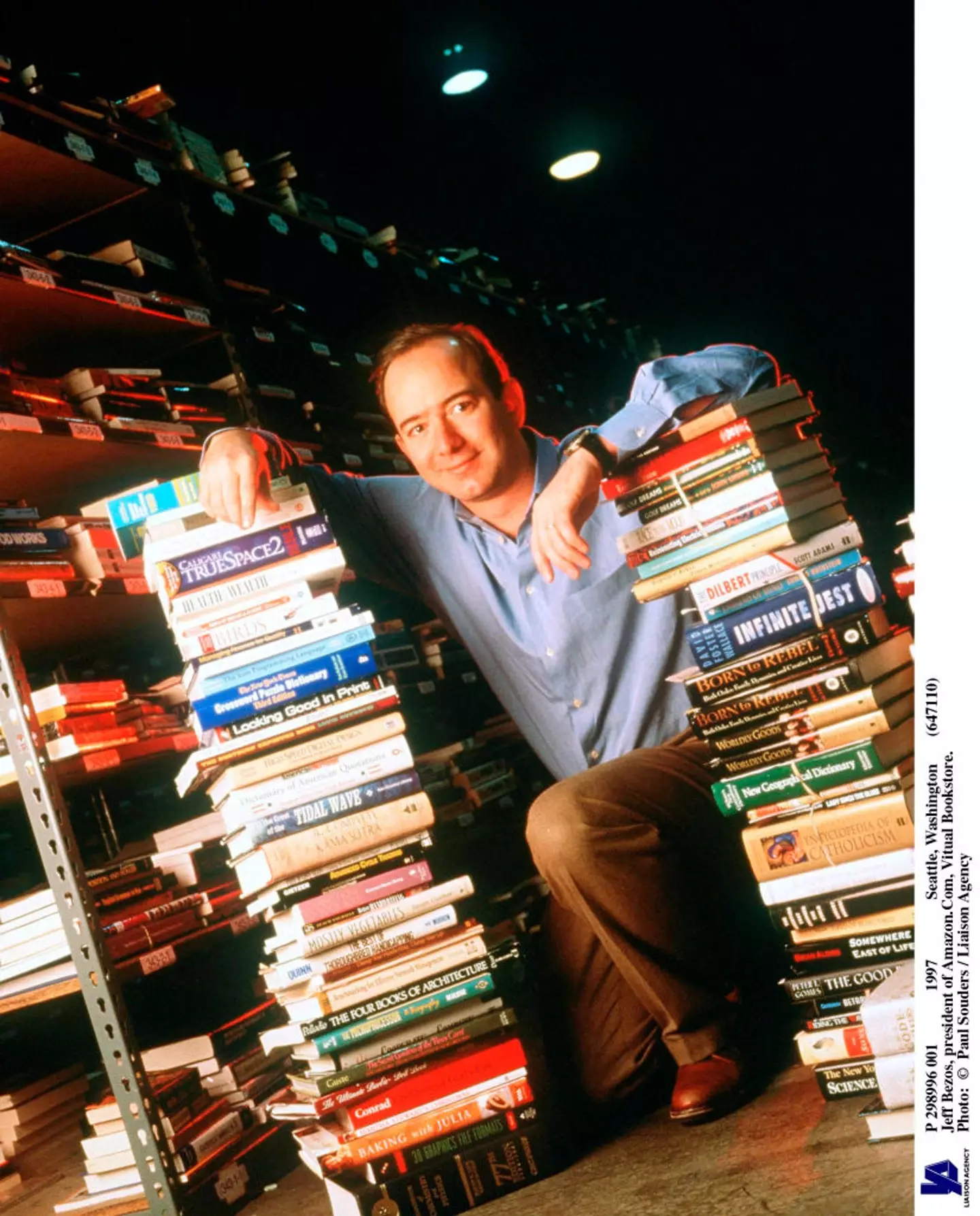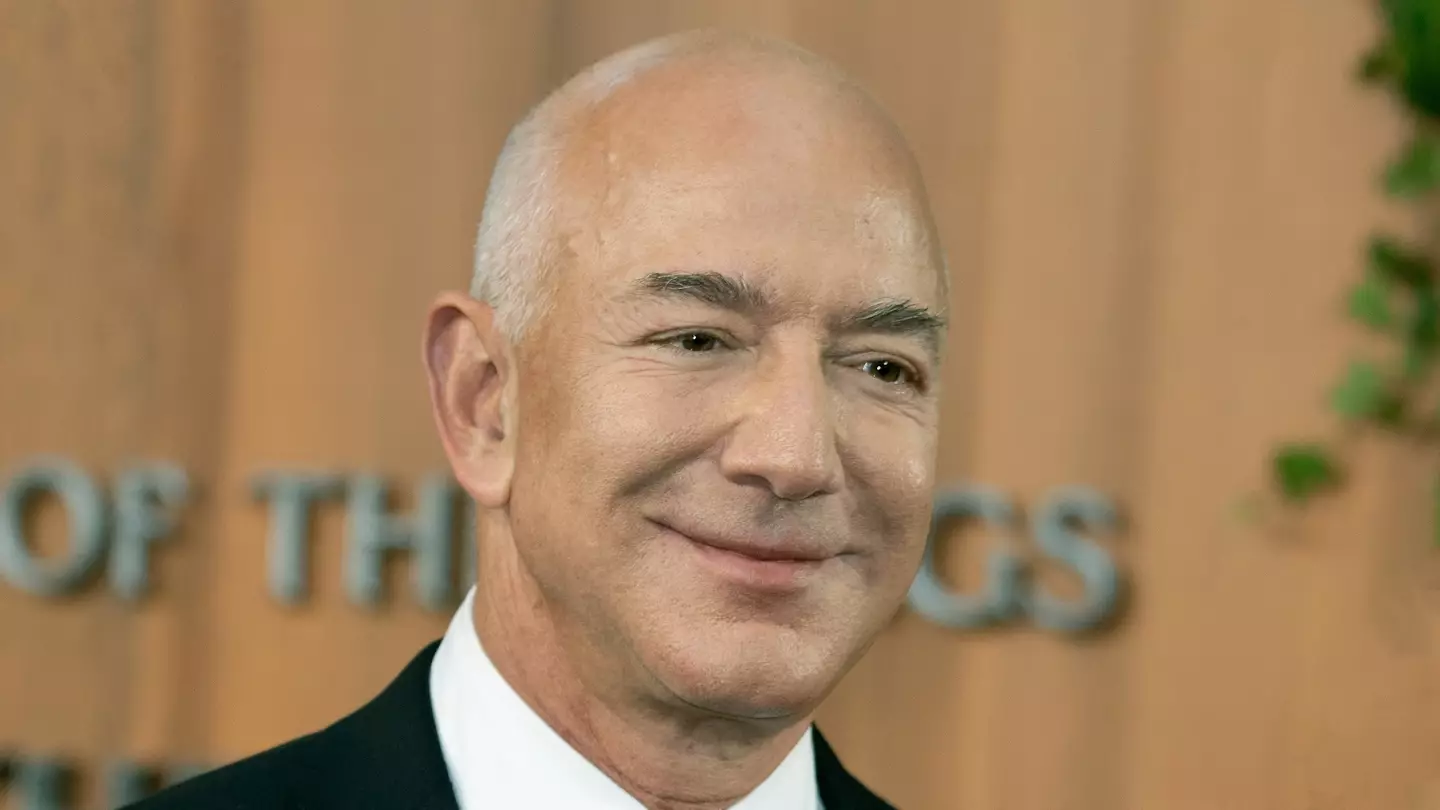Amazon’s first employee has opened up about his perspective on Jeff Bezos’ vast $2.37 trillion empire. What began as a relatively small mail-order bookstore in 1994 quickly transformed into the globe’s largest online retailer.
Today, Amazon is a staple name, branching out well beyond e-commerce with ventures such as Prime Video and Amazon Fresh. Yet, not all of Bezos’ projects have hit the mark. Amazon’s journey necessitated more than just entrepreneurial ambition, requiring a $250,000 investment from Bezos’ parents.
Despite securing funding, Bezos lacked one essential skill for the digital era: coding. This gap led to what might be his most astute business decision: hiring Shel Kaphan, a skilled computer programmer.
In 1994, Kaphan joined Amazon and simplified the process of online ordering with the development of 1-Click technology.

He also co-developed Amazon’s first website and wrote the product review system, both crucial to the business’s framework. Bezos once described the University of California graduate as “the most important person ever in the history of Amazon.com.”
However, after five years, Kaphan left the thriving company in 1999. He stated that Bezos appeared indifferent to his departure and made no attempt to retain him. The two have not communicated since and are said to be on poor terms.

Kaphan maintained a low profile post-Amazon, seldom discussing his experiences until 2019 after reading “Zucked,” a book revealing insights about major tech companies.
In a 2020 interview with PBS Frontline, 21 years after he resigned, Kaphan provided insight into Amazon’s internal culture. He described the early days at the company as “fun” and “eclectic,” noting a change as the company grew.
“There was a bit of a culture clash between the very early, generation zero of Amazon, and the people that started coming in,” Kaphan said.
Discussing Bezos’ business mindset, shaped by eight years on Wall Street, Kaphan remarked: “It’s basically cold-blooded. It’s looking at things through a particular, fairly narrow lens that – it’s valid, but it’s not complete.”

Kaphan also noted that the former Amazon CEO “likes to win at any cost.” While he felt “proud” of Amazon’s achievements, he was also concerned about what it had become. Reflecting on the company’s current success, he stated: “I think that the characterization of Amazon as being a ruthless competitor is true. And under the flag of customer obsession, they can do a lot of things, which might not be good for people who aren’t their customers.”
He voiced concerns about Amazon’s monopoly exacerbating inequality in the U.S. “Some amount of inequality is inevitable and motivating. But if you take it too far, you reach, like, a breaking point where we’re going to see things potentially get uglier. And I don’t want to see that.”

